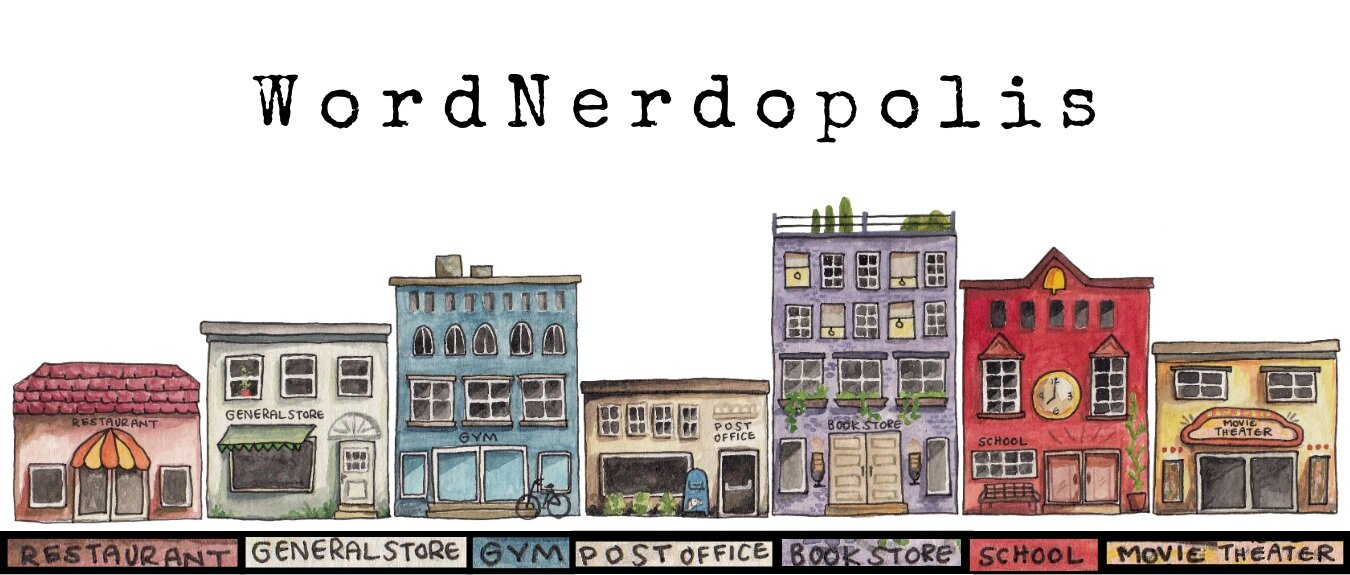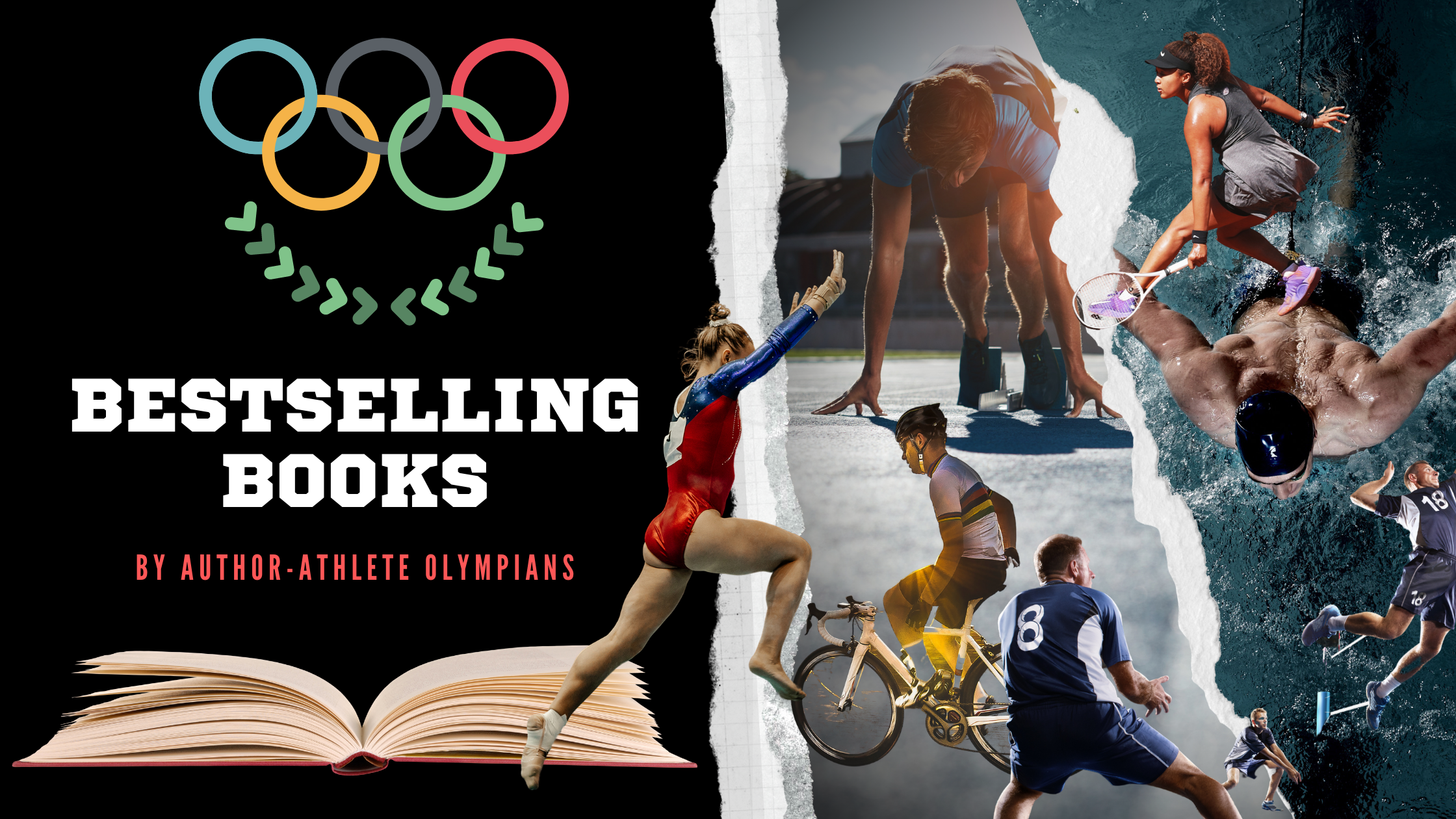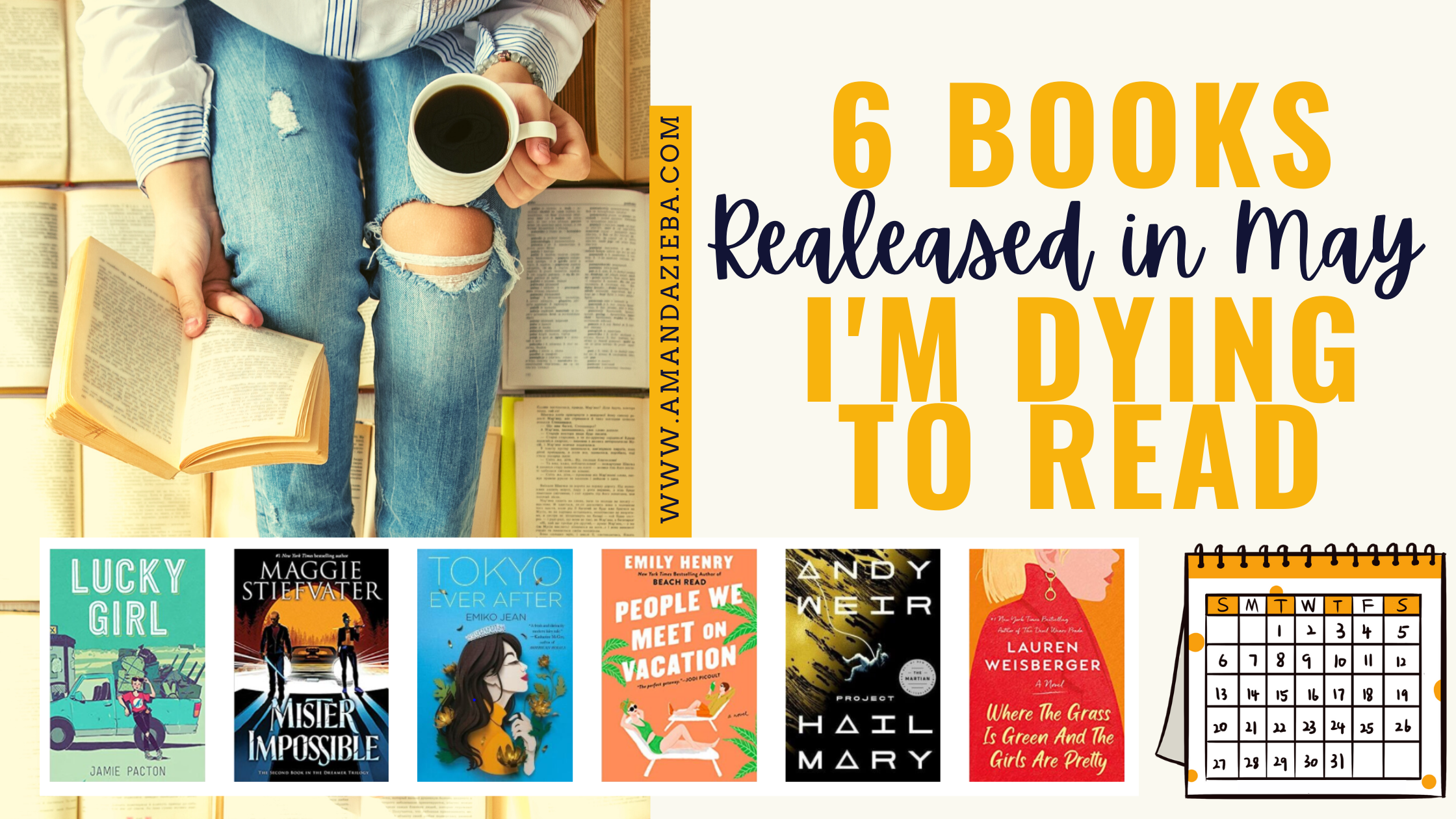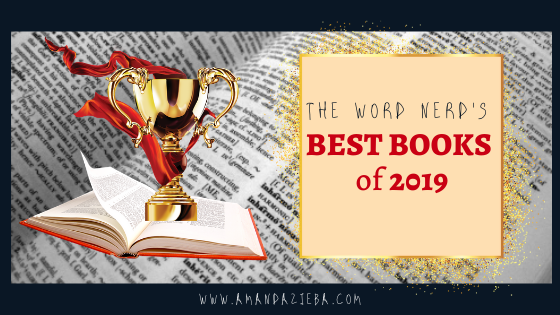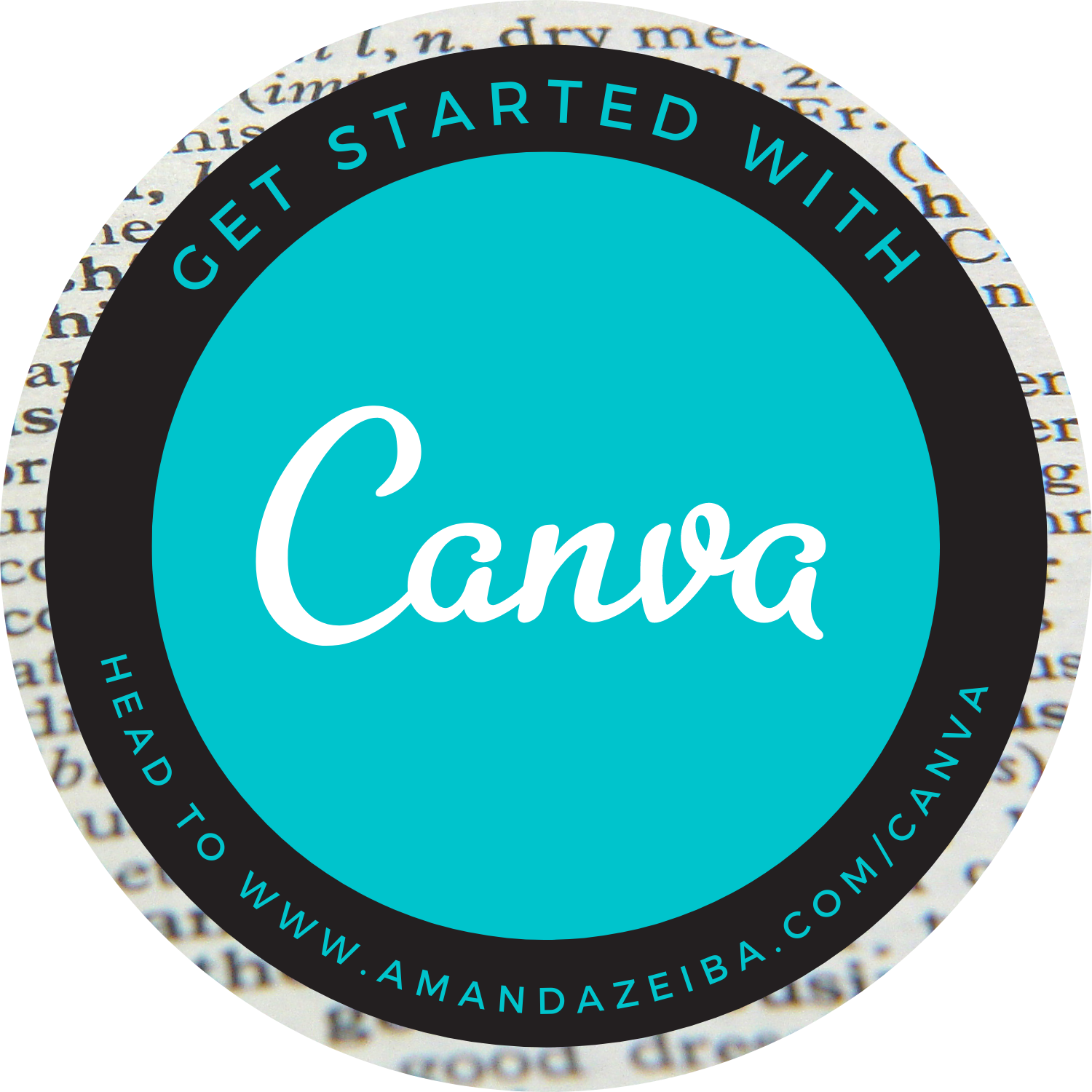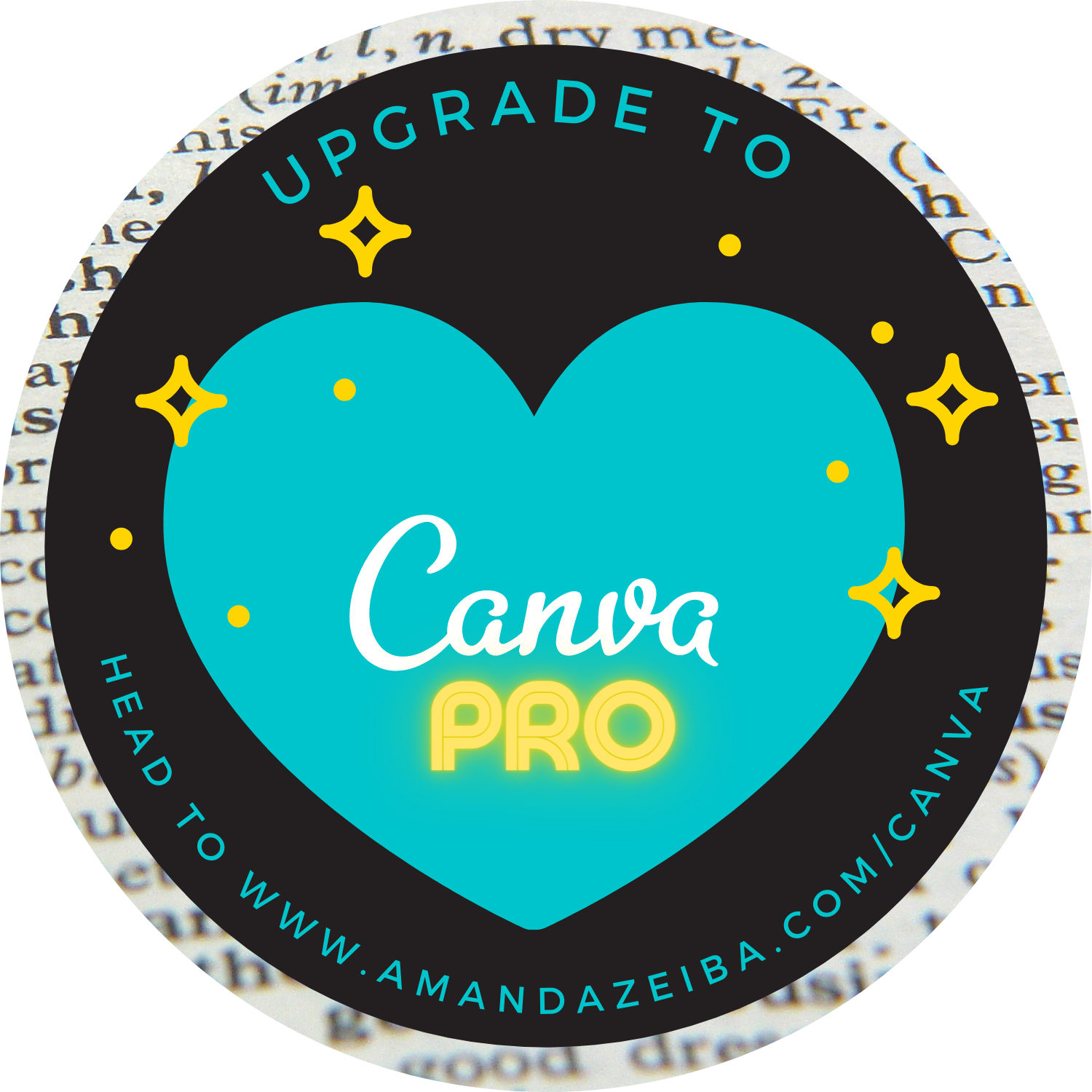Mightier than the Sword: A Word Nerd Book Review and Author Interview
As a friend of many other writers, I live in close proximity to GREAT books and today’s highlighted title is no exception. If you are looking for a book to inspire change or greatness, a book about the power of words or a simply a beautiful book to place in your classroom library, then Mightier than the Sword is it!
I had a chance to correspond with author Rochelle Melander about this book, her writing process and more. Luckily for you, I’m sharing all of the word nerd goodness that transpired in my blog post today. So grab your favorite beverage, cozy up and get ready to read all about this monumental book. (And then get your online shopping fingers ready because I just know you are going to want to click BUY after hearing all about it!)
Mightier Than the Sword: Rebels, Reformers, and Revolutionaries Who Changed the World through Writing is a middle grade social justice book that tells the stories of historical and contemporary writers, activists, scientists, and leaders who used writing to make a difference in their lives and the world. The stories are accompanied by writing and creative exercises to help readers discover how they can use writing to explore ideas and ask for change. Sidebars explore types of writing, fun facts, and further resources.
BONUS: Download the free activity packet here.
Amanda’s Conversation with Rochelle
I imagine there was a fair amount of research that went into this new book. What kinds of research did you do?
Yes! The book contains 40 profiles and five “interlude” chapters about bigger topics, like creating comic books or writing film scripts. Plus, each chapter has at least two sidebars of additional writers whose work changed the world.
For each chapter, I did at least three layers of research:
I read an overview of each person’s life and the historical period they lived in.
I read a lot about the key incident I was writing about. During this step, I tried to read primary sources.
I read about the impact of their work, often from biographies and academic articles.
After I finished an essay, I went back and reviewed material for more information on a specific topic or to fact check the details.
What kinds of resources did you find most helpful?
For the overviews, I read articles or short books. (Here’s a helpful list of history websites.)
For my deep dives into a person’s life, I tried to read primary sources as much as possible: diaries, letters, and autobiographical essays. It also helped to read sections of biographies, academic articles, and newspaper accounts.
I must admit that Wikipedia was super helpful to me—I was often able to find references and links to original documents from there. Who knew?
Did you have any big challenges when researching?
Time. I had 45 essays to write in just 6 months. I’m a fast writer—I’ve written most of my books in less than 6 weeks—but this book required so much more research. It took me about a month to figure out my process for this book—after that, it went much faster.
Access. I wrote the book during the pandemic, which limited my access to resources. A few days before the library shut down, I checked out 100 books. I was super lucky to have done that—because I couldn’t get new books for a few months. And there was a silver lining: I didn’t have to return those books in 3 weeks—I had them for as long as I wanted. Yay!
Although I work part time at a college, their library didn’t have access to the academic books I needed. I was able to make do with online sites like Internet Archive and Google Books. Plus, I ended up purchasing some books and subscribing to several publications! I was grateful to have the resources to do this.
How did others help you?
Oh my! Where do I start?
When I had a question, I tried to find someone who knew more about the topic than me. When I was confused about how to write about Ibn Battuta, I wrote to Ross E. Dunn—a retired professor who’s a leading scholar on Battuta. He gave me good advice and helped me figure out what to do.
I also had a good editor and several readers, including sensitivity readers, who pointed out places I was making cultural mistakes. This was so helpful to me—because it helped me to see each essay through the reader’s eyes.
What tips do you have for other authors as they research?
Give yourself lots of time. Start earlier than you think you need to, because you know less than you think you do!
Find a way to deal with overwhelm. Every time I started a chapter, I felt overwhelmed. How could I possibly learn all this, find the important bits, and then write it up in 800 words or less? It helped me to break down the process into small steps. Whenever I panicked, I broke down the process into even tinier steps. That helped a lot!
Read secondary sources to get a big picture, but don’t rely on them. (Hint: Children’s biographies are a great resource for getting the big picture. But, you will want to also read adult books, because they go into much more detail about the person or event you’re studying. Plus, adult biographies tend to have many more footnotes, which are key for finding primary sources.)
Get your hands on primary sources! They are filled with so much good information. Yes, you do have to check the facts in these, too. And analyze the cultural factors that went into the document. (Who was the writer writing for? What was their aim? How might that have affected the narrative?)
Question everything. Writers make mistakes. Sometimes they repeat stories that are not true. Double and triple check your facts.
Before you write, learn as much as you can about your subject. That will help you tell a good story. But remember, you don’t have to include every fact you learned! That will just bore your readers. Consider the age of the readers and what information might appeal to them. What’s kid friendly?
Get help. Hire sensitivity readers. Ask friends and family members to read your work to see if it makes sense.
Do you have any final tips for our readers?
Choose projects you’re passionate about and that you believe serve a greater purpose. Passion and purpose will fuel you through the difficult parts of the writing and publishing process. I spent almost two years pitching MIGHTIER THAN THE SWORD and received so many rejections. But I stuck with it because I was excited about bringing these stories to young people. I am passionate about serving young writers and encouraging them to use their words to change the world.
Rochelle Melander is a speaker, certified professional coach, and the bestselling author of twelve books, including Level Up: Quests to Master Mindset, Overcome Procrastination and Increase Productivity and the forthcoming children’s book, Mightier Than the Sword: Rebels, Reformers, and Revolutionaries Who Changed the World through Writing Through her writing and coaching, Rochelle Melander helps writers, creatives, and entrepreneurs cope with ADHD, overcome distractions and procrastination, design a writing life, turn their ideas into books, navigate the publishing world, and connect with readers through social media. She is the founder of Dream Keepers, a writing workshop that supports teens in finding their voice and sharing their stories. Visit her online at writenowcoach.com.
If you liked this post, you might also enjoy…
This post was made beautiful by Canva.
If you liked what you read on my blog today (or are in search of weekly word nerd goodness) and would like to have it delivered to your inbox every Wednesday morning, you can sign up HERE. As always, feel free to share this post with others you think might be interested via email, Facebook or Pinterest.
Affiliate marketing is promoting a product or service in return for a commission. When you purchase a product or service through one of my links, I earn a small part of the sale. There is NEVER any extra cost to you. If you looked up the same product on the same site through another source besides my website, the price will still be exactly the same. 100% of the time.
I also NEVER link to products or services that I don't 100% believe in. I will never tout a company or their goods if they are disreputable or if I don't believe them to be worthy of your hard-earned money. In no way are my affiliate links a scam. (Language borrowed with permission from Kristen Kieffer on Well-Storied.com)
